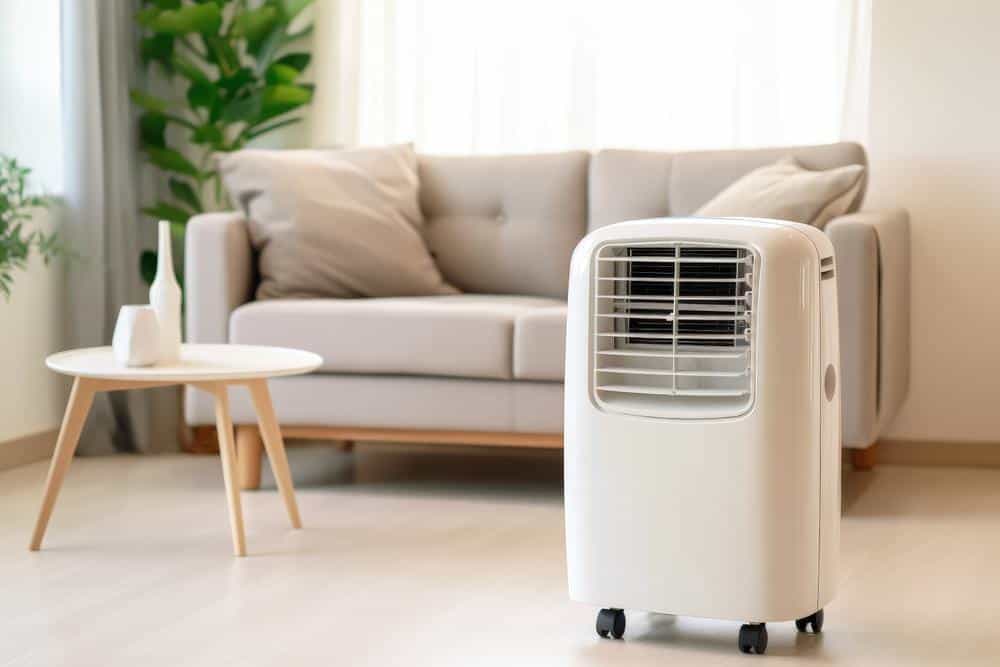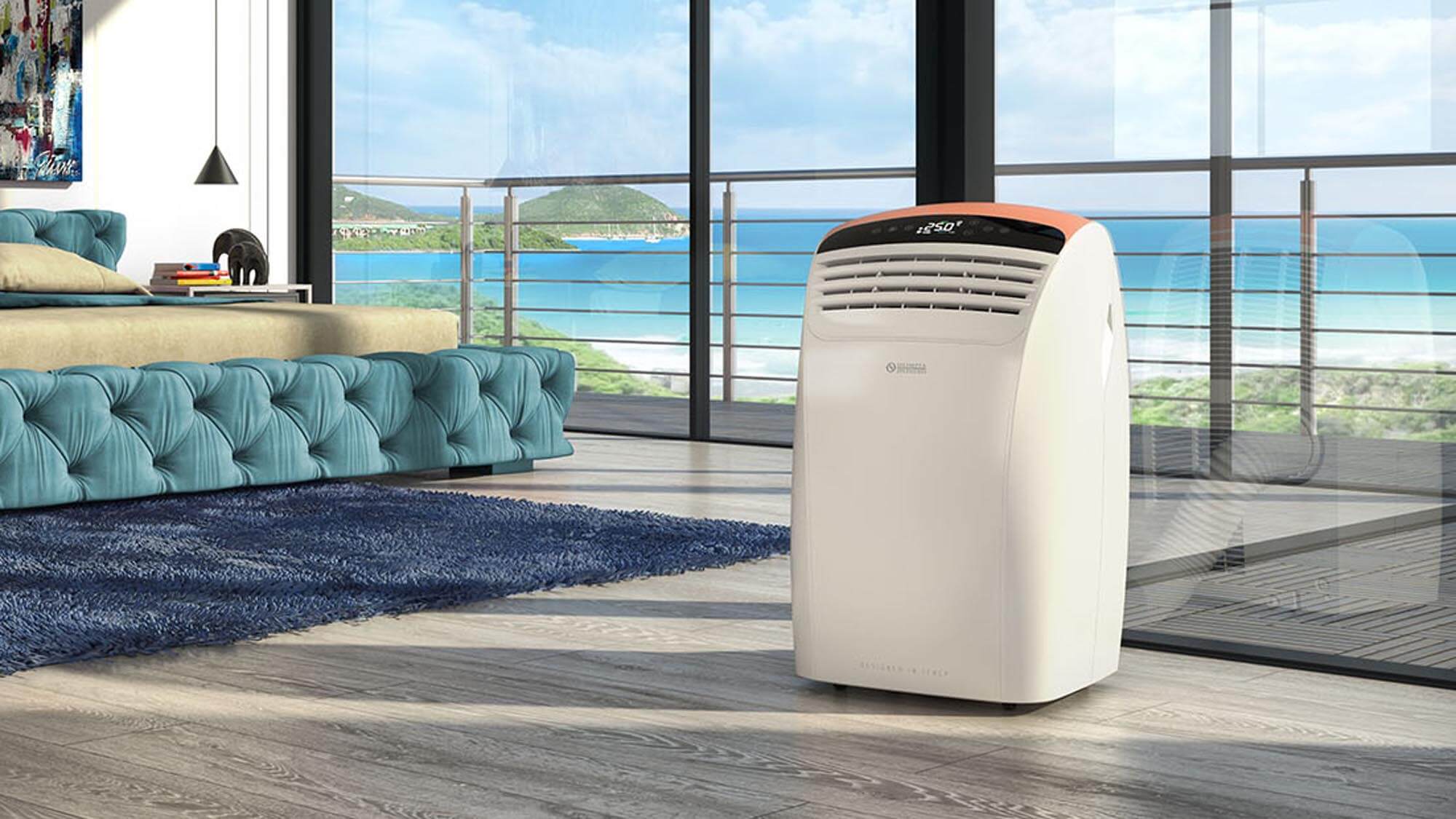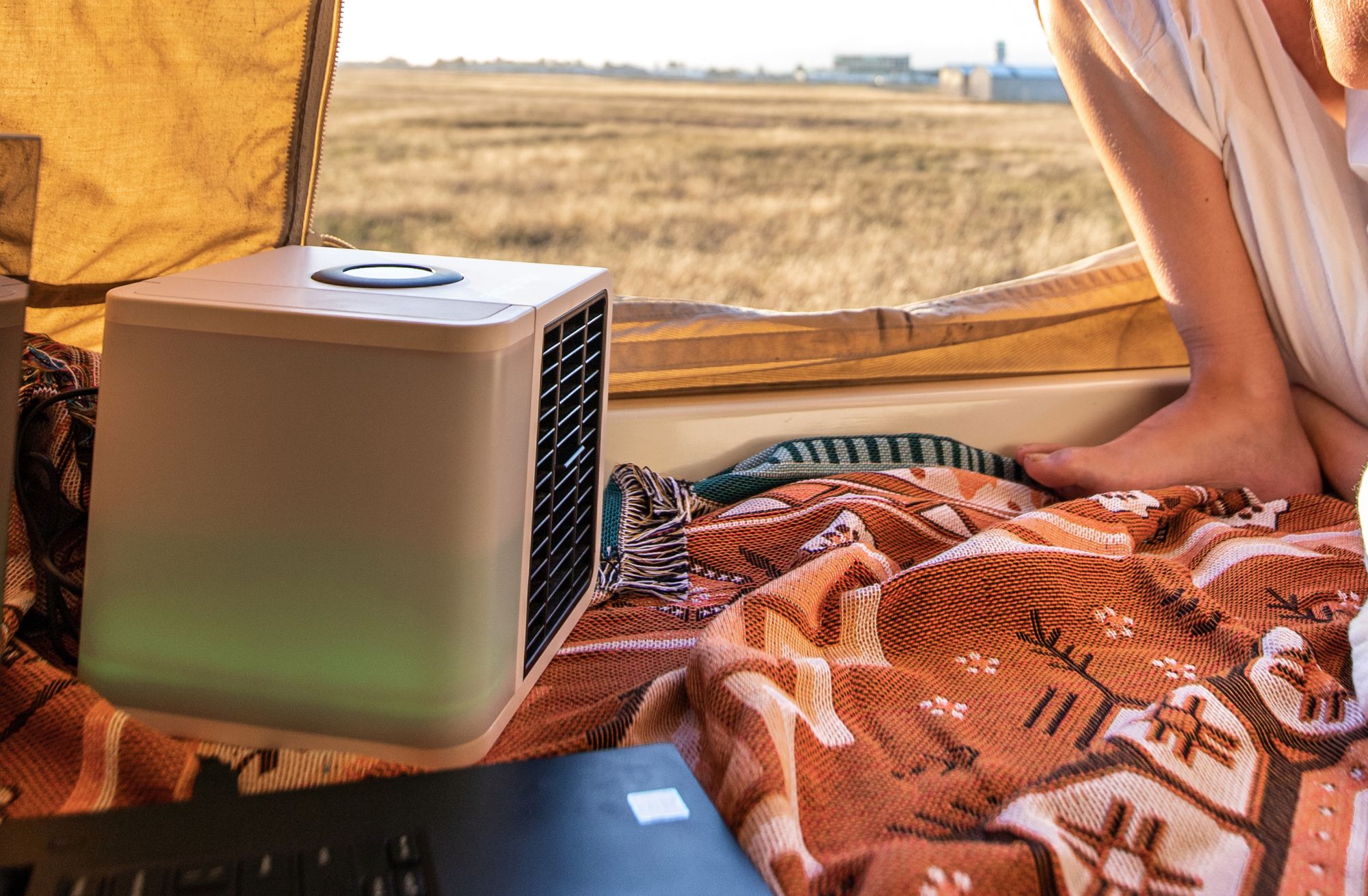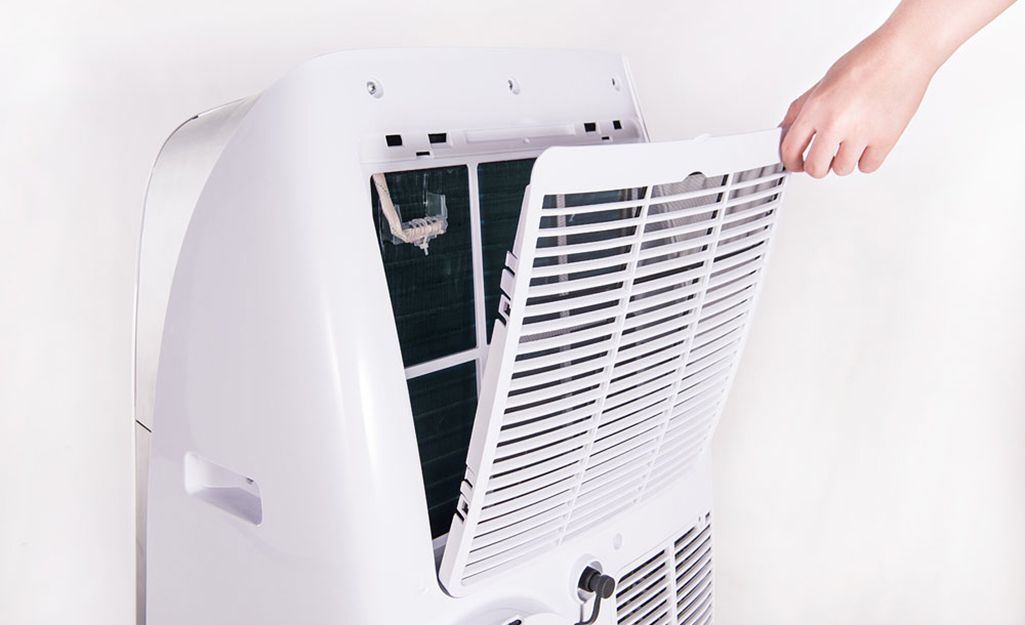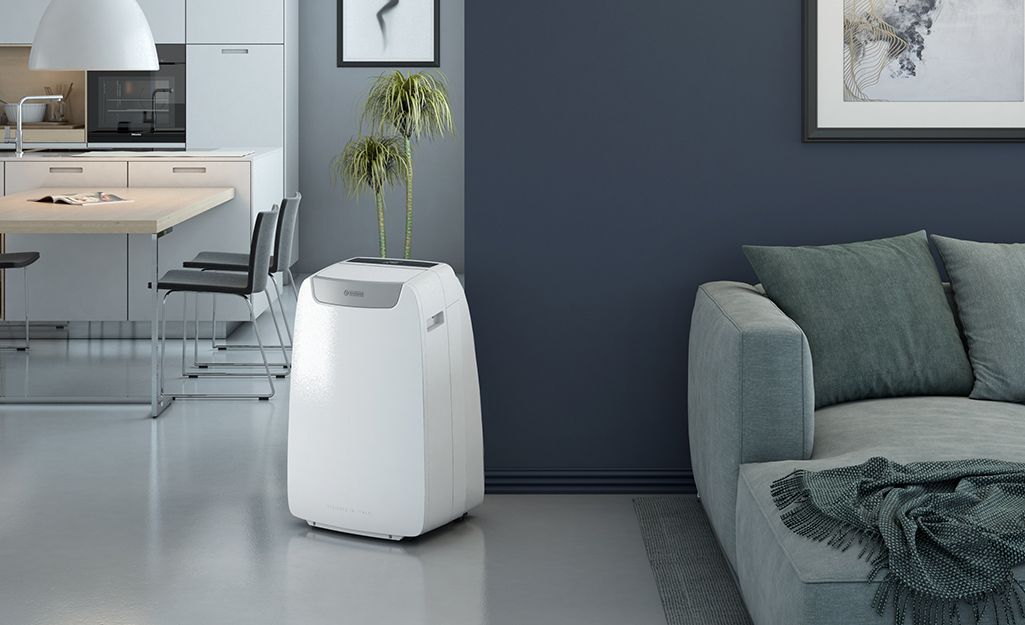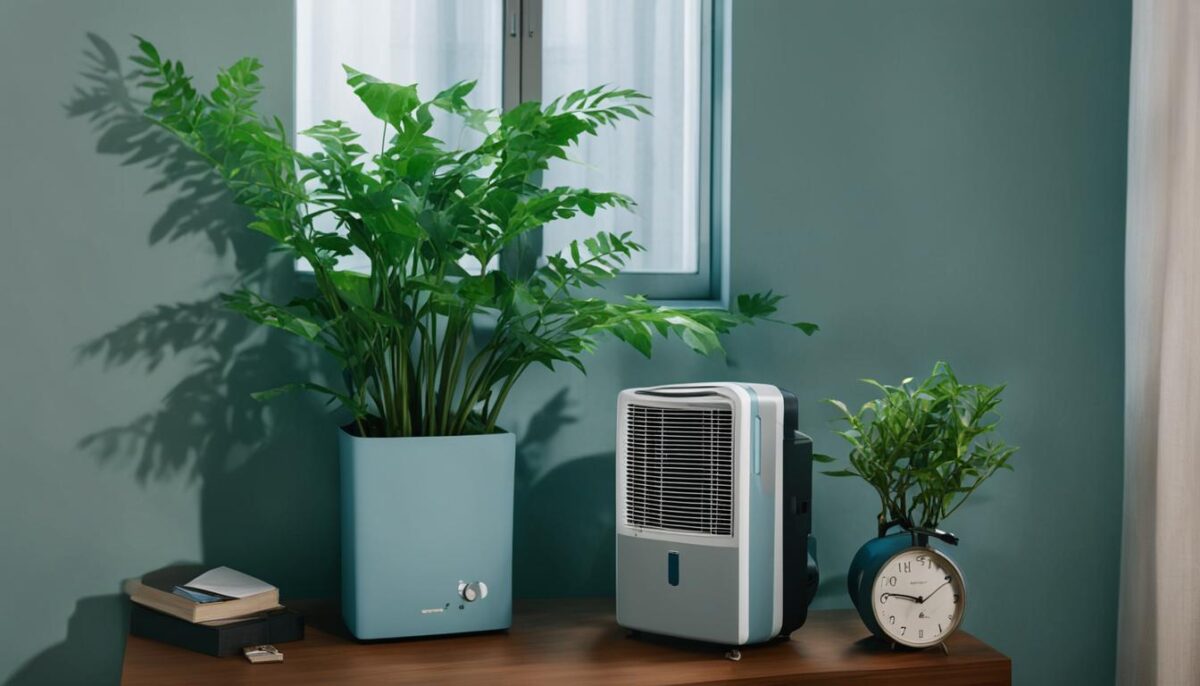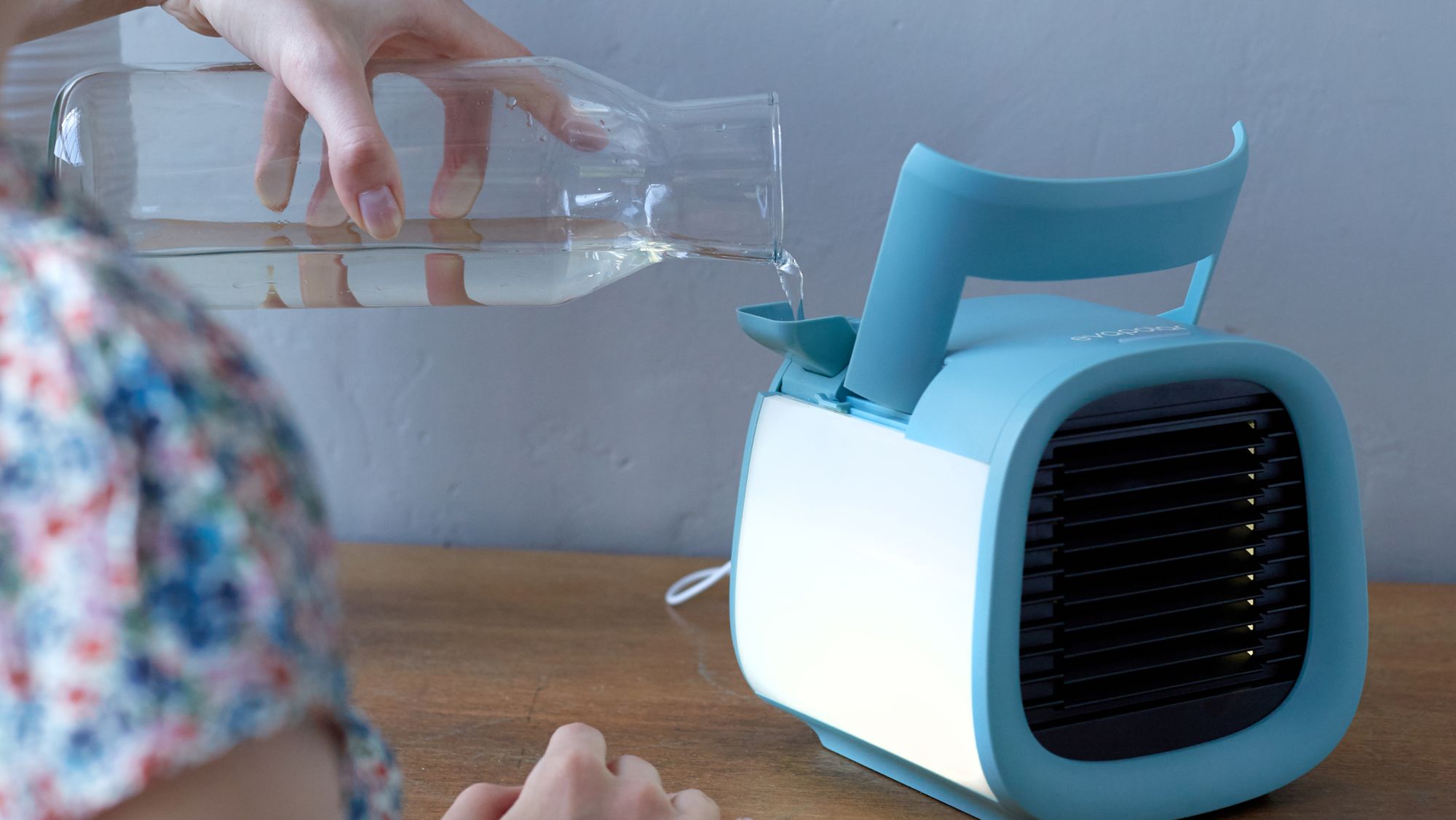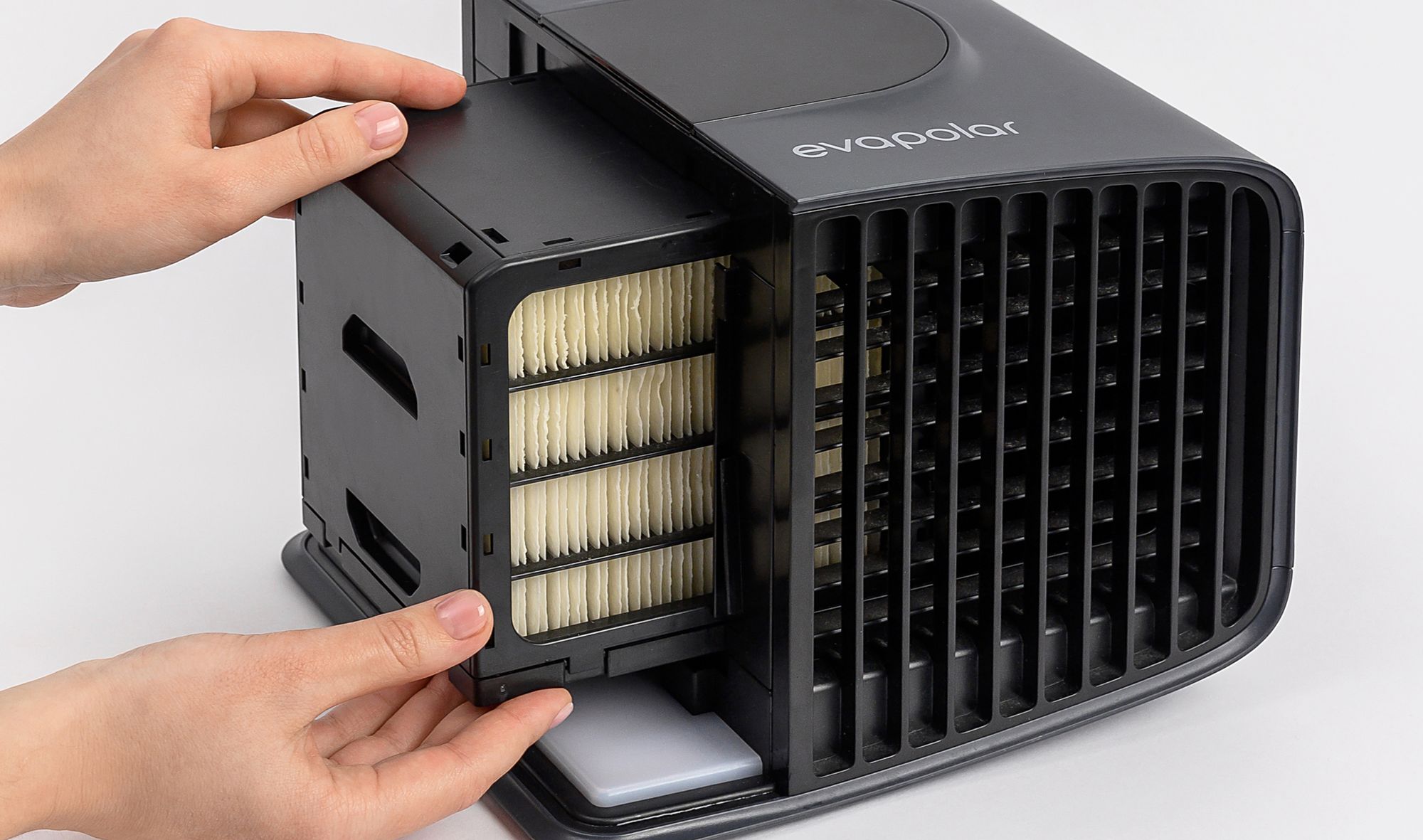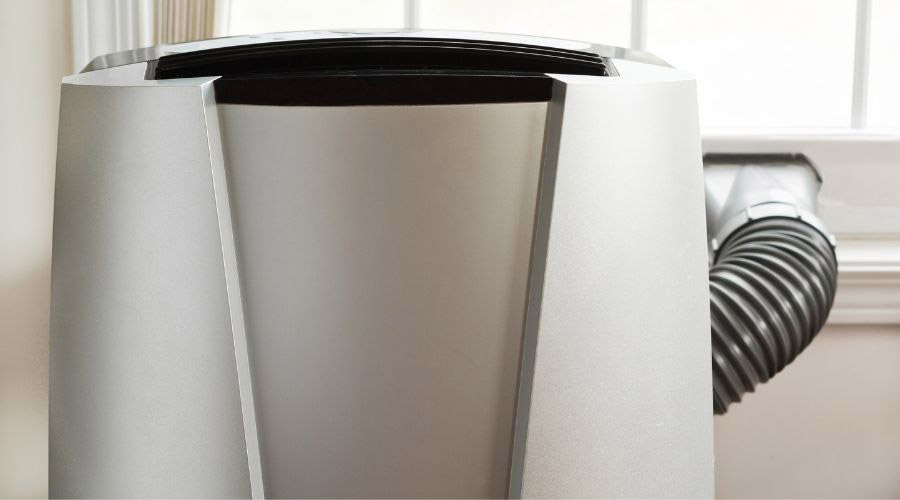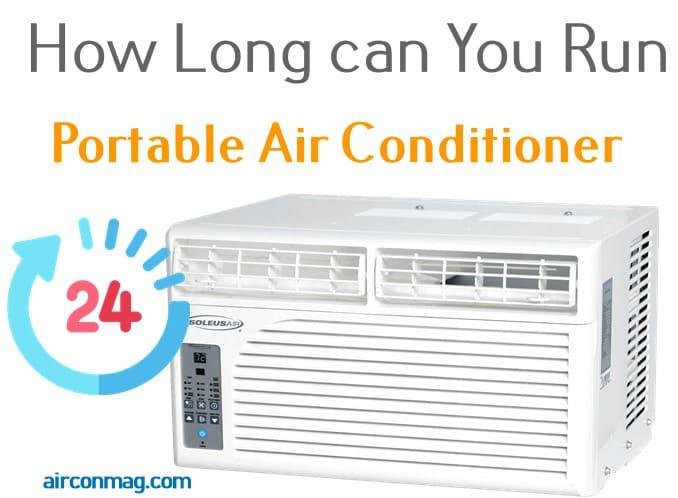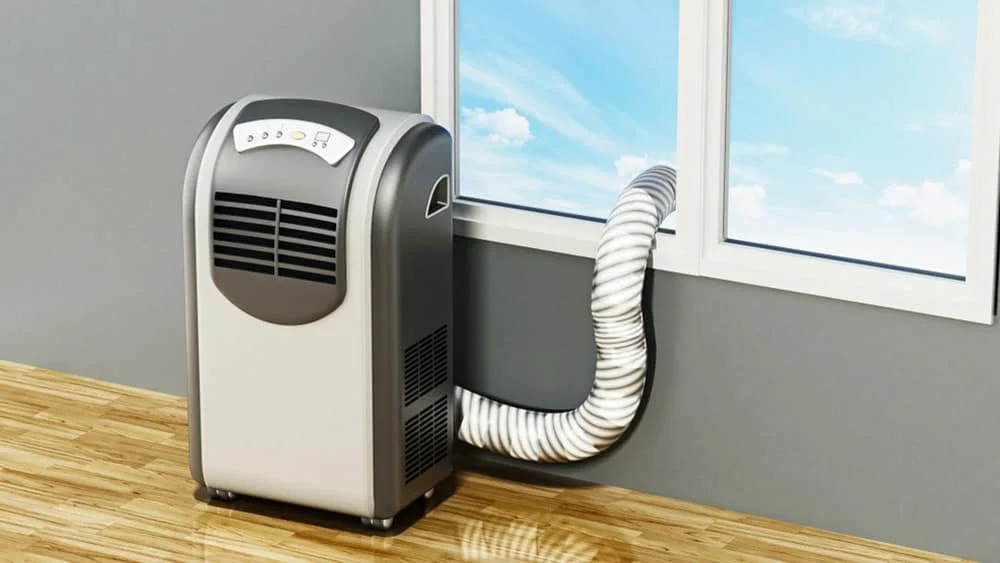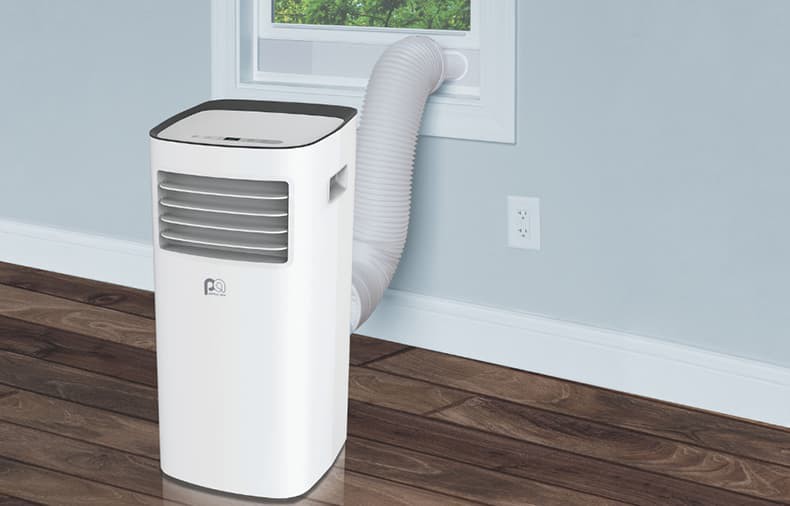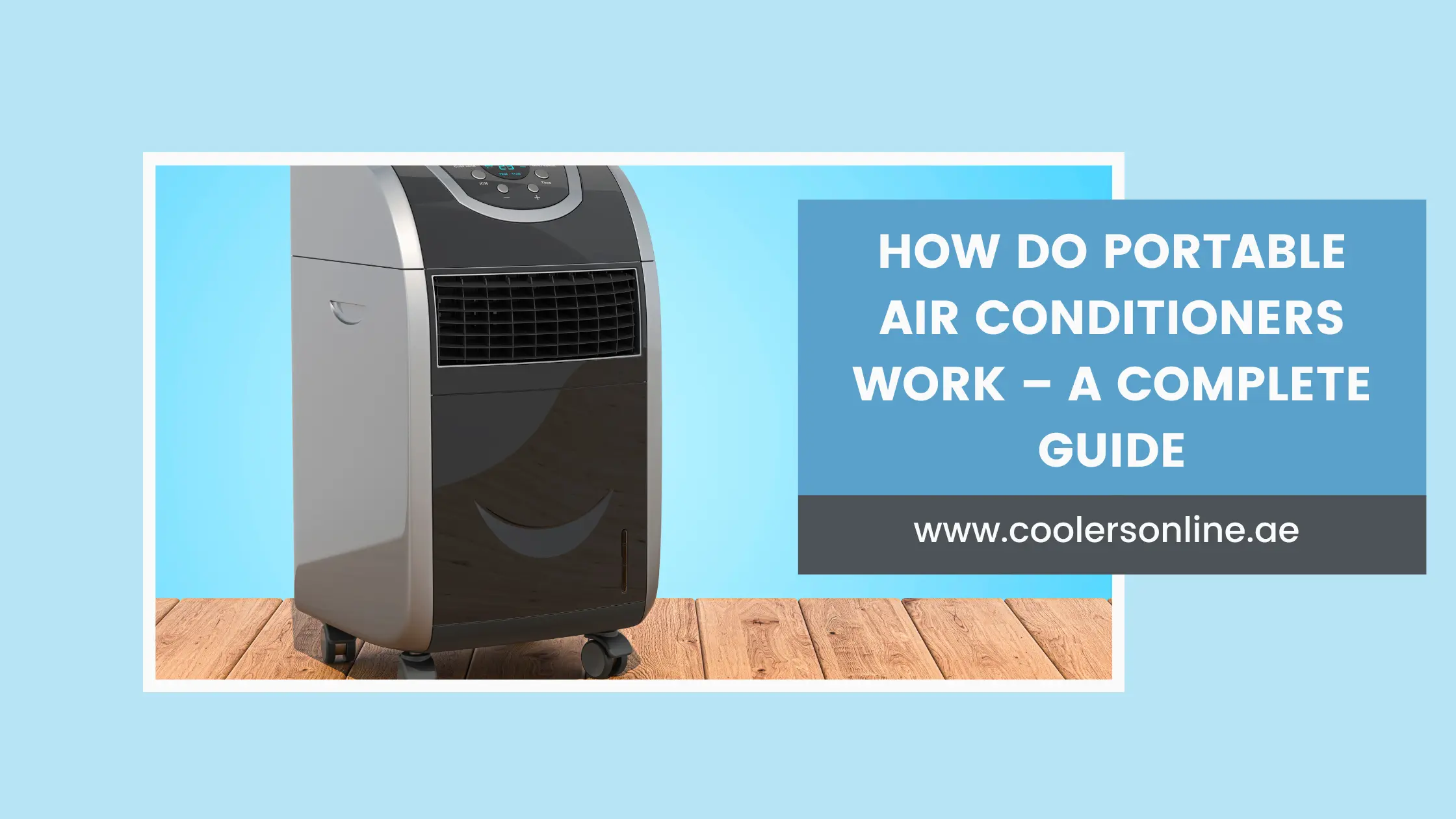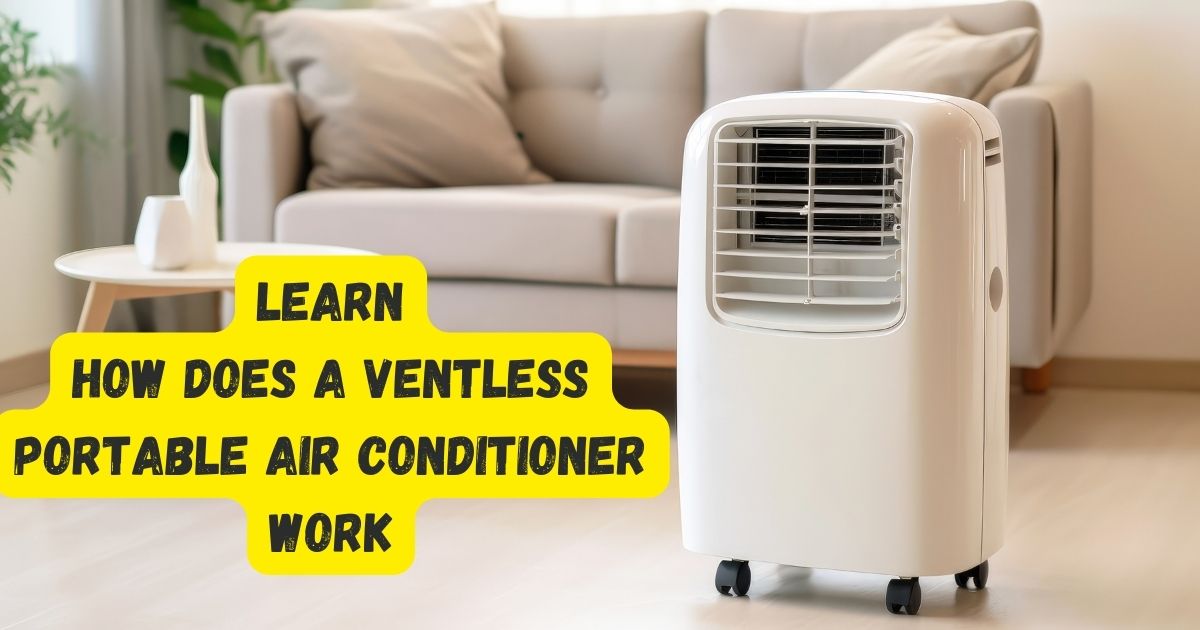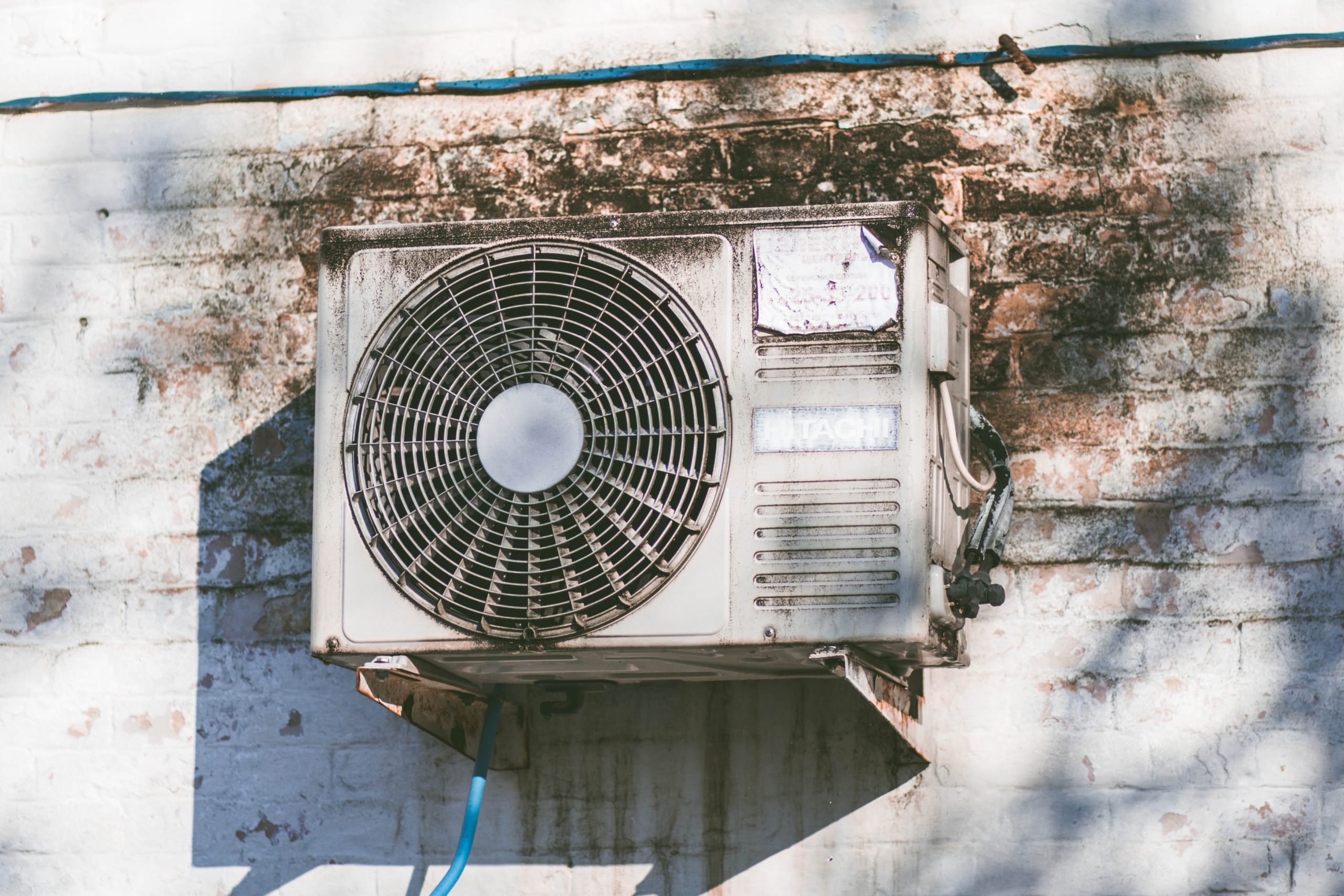How Long Does Portable Ac Last
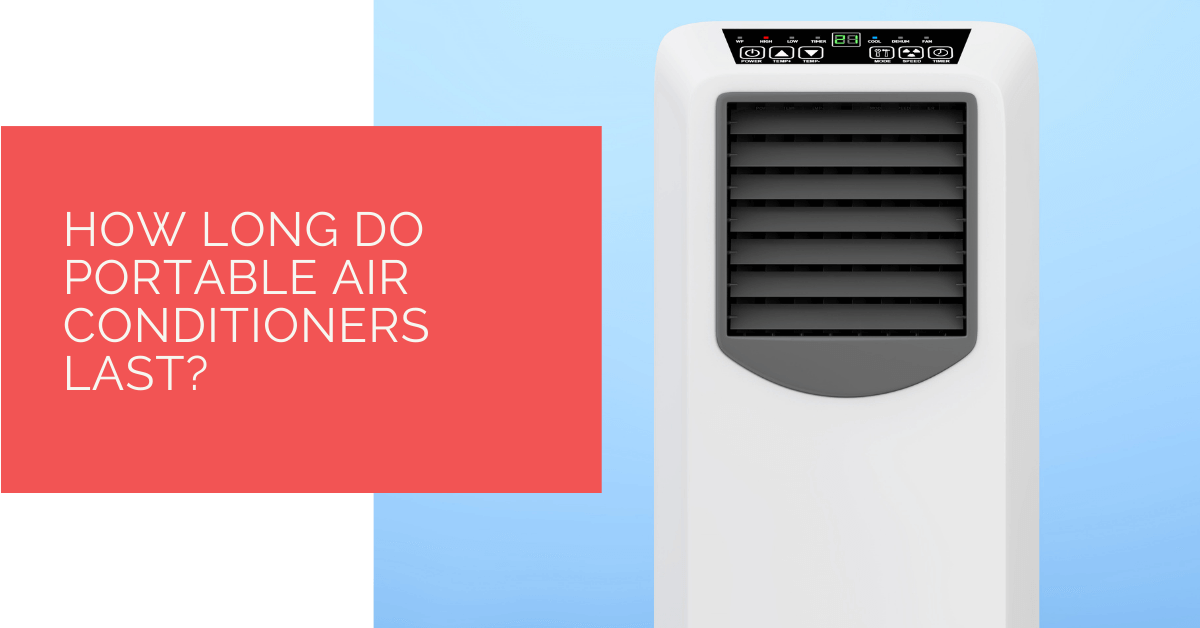
Portable air conditioners offer a flexible cooling solution, but a crucial question for consumers remains: how long do these units last? Understanding the lifespan of a portable AC can significantly impact purchasing decisions and long-term cost considerations.
This article will delve into the factors influencing the longevity of portable air conditioners, providing an objective overview based on industry standards and expert opinions. The information aims to equip readers with the knowledge to make informed choices and optimize the lifespan of their cooling devices.
Factors Influencing Portable AC Lifespan
Several key elements determine how long a portable air conditioner will effectively function. These include usage frequency, maintenance practices, environmental conditions, and the inherent quality of the unit itself.
Usage Frequency plays a significant role. A unit used daily during peak summer months will likely experience wear and tear at a faster rate compared to one used sparingly for occasional cooling.
Maintenance Matters
Regular maintenance is paramount for extending the life of any appliance, and portable ACs are no exception. Consistent cleaning of filters and proper storage during off-seasons are critical.
Dirty filters restrict airflow, causing the unit to work harder and potentially overheat. Manufacturer's recommendations typically advise cleaning or replacing filters every one to three months, depending on usage and environmental conditions.
Neglecting these maintenance tasks can lead to decreased efficiency, increased energy consumption, and ultimately, a shorter lifespan.
Environmental Conditions
The environment in which the portable AC operates also significantly influences its longevity. Exposure to dusty or humid conditions can accelerate wear and tear.
Dust particles can accumulate inside the unit, hindering its cooling capabilities and stressing its components. High humidity levels can contribute to corrosion and mold growth, further impacting performance and lifespan.
Therefore, it is recommended to regularly clean the area around the unit and consider using a dehumidifier in conjunction with the AC in particularly humid environments.
Build Quality & Brand Reputation
The quality of the unit itself, including the materials used and the manufacturing process, directly affects its durability. Higher-quality units from reputable brands generally tend to last longer.
Investing in a well-known brand with a proven track record for reliability can be a wise choice, even if it comes with a higher initial cost. Researching customer reviews and expert opinions can provide valuable insights into the long-term performance of different models.
Opting for a cheaper, less reliable unit might seem appealing upfront, but it could ultimately result in more frequent repairs or premature replacement.
Average Lifespan & Replacement Considerations
While the lifespan of a portable AC varies depending on the factors mentioned above, a general estimate is between 3 to 10 years. Units that are well-maintained and used moderately tend to fall within the upper end of this range.
Conversely, units that are heavily used, poorly maintained, or exposed to harsh environmental conditions may only last for a few years. Paying attention to warning signs of malfunction is also important.
Signs that your portable AC may be nearing the end of its lifespan include reduced cooling efficiency, unusual noises, frequent breakdowns, and a significant increase in energy consumption. If you notice any of these issues, it's time to consider a replacement.
Maximizing Your Portable AC's Lifespan
To maximize the lifespan of your portable AC, prioritize regular maintenance. This includes cleaning or replacing filters regularly, cleaning the exterior of the unit, and ensuring proper drainage.
Store the unit properly during the off-season. Clean it thoroughly, dry it completely, and store it in a cool, dry place, covered to protect it from dust and debris. Always consult the manufacturer's instructions for specific storage recommendations.
Avoid overloading the unit by using it in excessively large spaces or under extreme heat conditions. Operating the AC within its intended capacity will reduce strain and prolong its lifespan.
Impact on Consumers and the Environment
Understanding the lifespan of portable ACs has significant implications for both consumers and the environment. Consumers can make more informed purchasing decisions and budget for replacement costs accordingly.
Extending the lifespan of appliances, including portable ACs, reduces waste and minimizes the environmental impact associated with manufacturing and disposal. Choosing energy-efficient models and practicing responsible usage can further contribute to sustainability.
In conclusion, while a portable AC might not last as long as a central AC system, following best practices and being mindful of usage, cleaning, and storage can extend its life and value.
